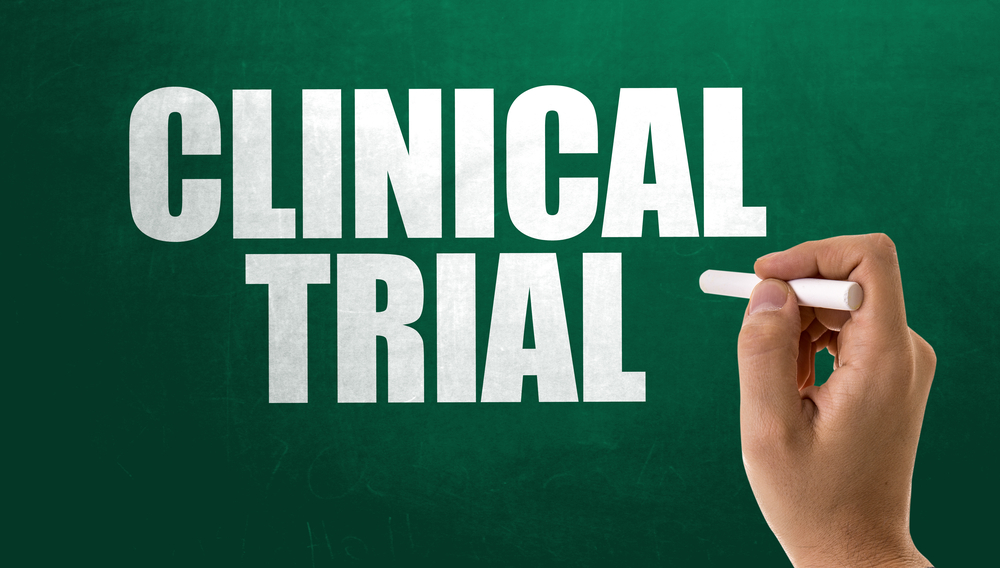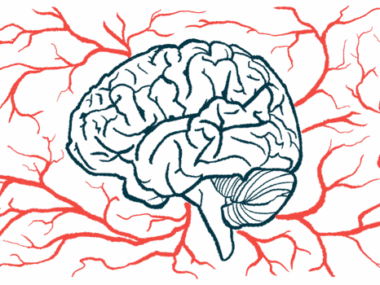New Phase 2 Study on Anavex 2-73 for Rett Syndrome Begins in Australia
Written by |

A new Phase 2 clinical study to evaluate the investigational therapy candidate Anavex 2-73 for the treatment of Rett syndrome has started in Australia, Anavex Life Sciences and the Rett Syndrome Association of Australia (RSAA) announced.
The study (NCT03941444), named AVATAR, has been approved by the Australian Human Research Ethics Committee and is recruiting participants at the Royal Melbourne Hospital and the Alfred Hospital, also in Melbourne.
RSAA will make arrangements and cover costs in order to reduce major expenses for those participating in the trial. Information about the trial and how to enroll can be found on the study’s webpage.
Those interested in participating should contact Claude Buda, RSAA president, at +61 (0) 411 089 156, or email [email protected].
“We are proud to have partnered with the Rett Syndrome Association of Australia in the design of the AVATAR study and thrilled that we have taken an important step in advancing the development of a potential treatment for Rett syndrome that may benefit the families and individuals living with this disorder,” Christopher U. Missling, PhD, CEO of Anavex, said in a press release.
The trial will include approximately 30 patients ages 18–45 with confirmed Rett syndrome who have been in stable treatment regimen for at least four months.
During the trial, they will be randomly assigned to take an oral solution of Anavex 2-73 or a placebo every day for seven weeks. Those who complete the study and show a good safety and tolerability profile will be eligible to continue to take Anavex 2-73 in an open-label extension study.
“Rett syndrome, which is seen almost exclusively in females, is a genetic disorder in which the brain does not mature in the way it should. For most affected children, their early development appears normal but then slows down or suddenly halts,” Buda said. “There are currently no approved therapies for Rett syndrome and we welcome the opportunity to explore a disease-modifying treatment option to Australian families.”
Anavex 2-73 is a small molecule engineered to modulate multiple cellular pathways relevant to neurodegenerative and neurodevelopmental diseases by activating the sigma-1 receptor (S1R) protein. It is thought to help restore cellular balance by targeting failed protein folding, oxidative stress, mitochondrial dysfunction, and inflammation.
Preclinical studies with a genetically induced Rett syndrome mouse model — the animals carried genetic mutations on the MECP2 gene that mimic the human features of the disease — showed that treatment with Anavex 2-73 significantly improved motor and reflex response to external auditory stimulation compared with placebo. Treated mice also showed improved balance and gait patterns.
Anavex 2-73 is currently being evaluated in another Phase 2 trial (NCT03758924) that is being conducted at three clinical sites in the U.S., with the support of the International Rett Syndrome Foundation. This trial is currently recruiting participants.
“ANAVEX 2-73 highlights our commitment to developing transformative therapies for people and their families living with Rett syndrome,” said Walter E. Kaufmann, MD, chief medical officer of Anavex.
Anavex 2-73 received orphan drug designation from the U.S. Food and Drug Administration as a potential Rett syndrome treatment. Anavex is also exploring the therapy’s potential in Alzheimer’s disease and Parkinson’s disease.





